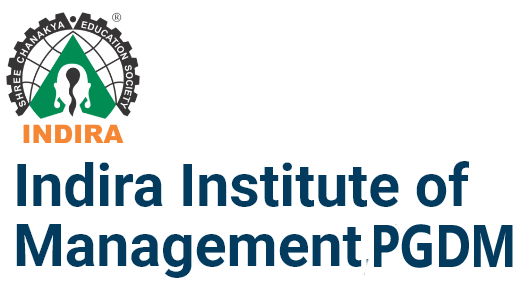There are several benefits of pursuing an MBA after earning a B.Sc. If you have a BSc, an MBA can help you stand out from other graduates. By allowing you to investigate more advantageous work alternatives and highly competitive compensation packages across many industries, it will help increase your career prospects. Using a combination of theoretical and practical teaching techniques, the MBA curriculum places a strong emphasis on educating students in effective business management and preparing them to be effective managers. A move away from a purely academic BSc, an MBA includes projects, presentations, internships, group discussions, industry visits, etc. to provide students with the best possible exposure to the workplace and promote personality development.
First and foremost, employers are searching for candidates who are all-rounders first. They seek out people who have both adequate technical and management skills. They favor employing candidates that possess a broad range of knowledge. An MBA degree can be incredibly helpful to you in these situations.
Benefits of going for an MBA after a BSc
With a Bachelor of Science (BSc), you can work for some of the biggest businesses and become an expert in your industry. A position at Infosys, for instance, can be obtained with a BSc in Computer Science from a reputable university. This indicates that you already have the background necessary to have a fallback plan in place before pursuing an MBA.
It becomes simple to translate technical expertise into management abilities. resulting in a fantastic combo. Combining commercial and technical expertise, such as mathematics, can help you break into the corporate sector. Employers also seek employees that are multifaceted and possess a good mix of managerial and technical skills.
After earning a BSc, pursuing an MBA can help you advance your profession more quickly by facilitating promotions and improving income. The corporate sector will benefit greatly from this combination for professional advancement. Your MBA may help you find new opportunities in various career descriptions.
Problems with Getting an MBA After a BSc
Gaining admission to prestigious business schools after receiving a BSc is a significant obstacle for those considering an MBA. Students from various fields compete fiercely to get into the best B- Schools. To get accepted into the top business universities, applicants must put in a lot of effort throughout the entrance exams and interview rounds.
The placement process is another obstacle to pursuing an MBA after a BSc. Businesses may favor students from certain fields, such as management. Nonetheless, placements shouldn't be an issue for you if you have decent grades, talents, and a strong portfolio.
MBA specializations after a B.Sc.
The MBA program's large selection of specialization options that encourage candidates to experiment is its most encouraging feature. With the advice of lecturers and instructors, a candidate can comprehend cross-functional information through a peer-to-peer learning curriculum. Following a B.Sc., some of the most popular specializations for a PGDM or MBA are:
MBA in Marketing: The MBA in Marketing is a post-graduate two-year degree program that emphasizes enhancing students' understanding of channel management, digital marketing, CRM, consumer behaviour, managerial communication, market behaviour, market research, brand management, advertising, and many other topics. Graduates of MBA programs in marketing can find employment in a variety of sectors, including FMCG, retail, consumer durables, automotive, manufacturing, telecom, banking, and many more.
MBA in Finance: An MBA in Finance is a postgraduate degree program that examines a variety of financial sub-domains, including corporate finance, equities research, investment banking, worldwide taxes, and financial management. The training offers a thorough understanding of financial management combined with managerial and operational financial abilities. Graduates with this degree can find employment in a range of industries, including firms, banks, and educational organizations.
MBA in HR: Some of the topics covered in a PGDM or MBA in HR include the principles of HR management, recruiting and selection, talent management, training and development, industrial relations regulations, and labor laws. This training focuses on educating staff members on working with clients and payment processing while attracting and maintaining a solid and positive employer- employee relationship. It never goes out of demand and has a broad range of job opportunities as labor is constantly in demand.
Other Specializations: In addition to the fundamental specialties, you may choose to specialize in operations, business analytics, international business, etc.
scope of an MBA after a B.Sc.
After completing a B.Sc program, aspirants have a wide range of employment alternatives to pick from. An MBA is unquestionably the finest choice for individuals who wish to explore the non- technical side of the science sector and enter a career in business management instead.
A candidate with a B.Sc. and an MBA has the ideal management and scientific mix, which gives him a competitive edge in the corporate world, particularly in the pharmaceutical and healthcare sectors. After finishing a Bachelor of Science in one topic for three years and gaining specialized knowledge, aspirants may feel pressured to pursue a new academic field.
A B.Sc. degree followed by an MBA or PGDM can give students an advantage in the job market. By enabling the student to look at high-paying packages in a variety of organizations and explore better career options, it will also improve the student's employment prospects.










